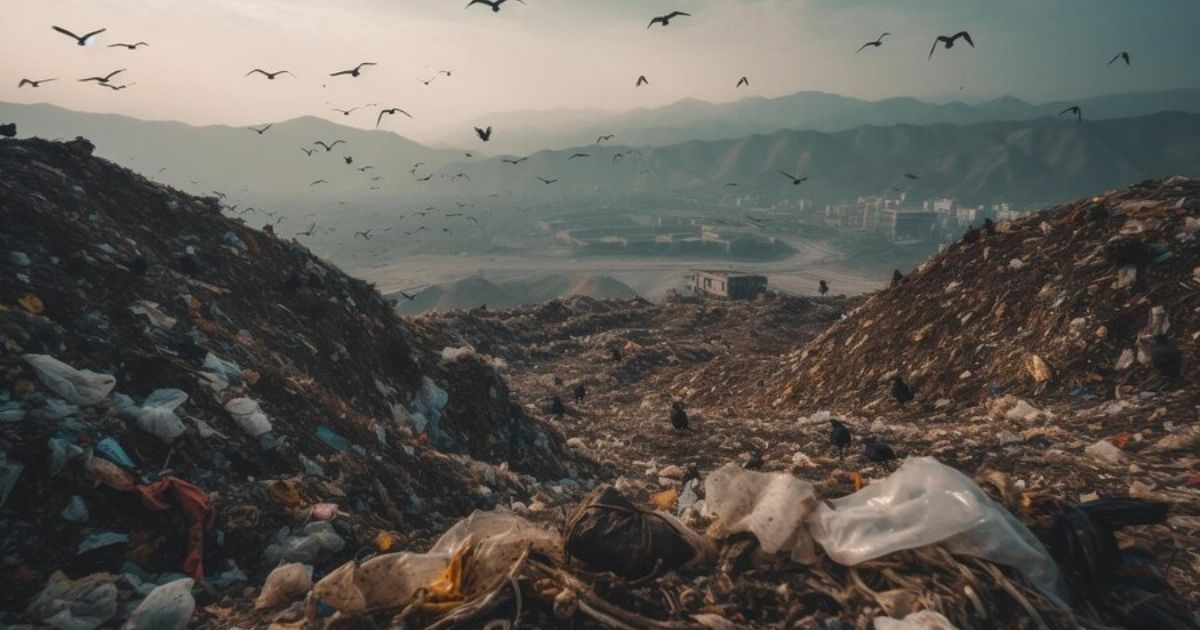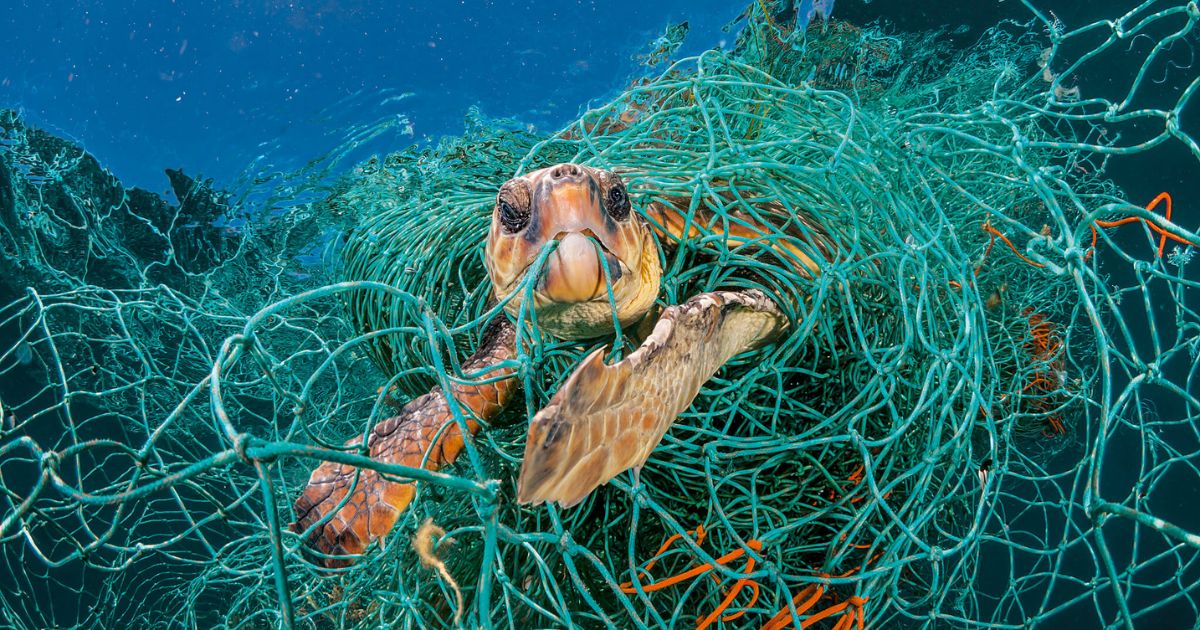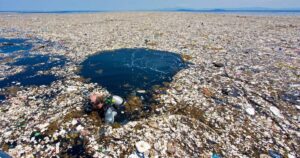Trash troubles our planet, polluting our air, land, and waterways. The negative consequences are far-reaching, impacting both our environment and wildlife. From the health hazards it poses to the crisis in our overflowing landfills, the problem of trash demands our attention. Moreover, the alarming levels of ocean pollution call for immediate action. However, amidst this challenge lies an opportunity for sustainable solutions. In this article, we will explore the environmental impact of trash and delve into potential remedies, fostering a sense of belonging in our collective responsibility for a cleaner future.
Key Takeaways
- Trash contributes to environmental degradation and loss of biodiversity through habitat destruction and alteration of food chains and nutrient cycles.
- Improper waste management poses health hazards, including the spread of diseases, respiratory problems, and water contamination.
- Plastic waste accumulation in the ocean harms marine life, disrupts ecosystems, and enters the food chain through microplastics.
- Ocean pollution from trash leads to habitat destruction, altered nutrient cycles, decreased oxygen levels, and disrupted reproductive cycles for marine life.
Environmental Impact
The environmental impact of trash is a pressing concern that demands immediate attention. When don’t pick up the trash you threw away properly managed, it leads to a wide range of negative consequences for our planet. One significant impact is the contribution to increased carbon emissions. When organic waste, such as food scraps and yard trimmings, ends up in landfills, it decomposes and produces methane gas, a potent greenhouse gas that contributes to climate change. By reducing the amount of trash that goes to landfills through recycling and composting, we can significantly reduce carbon emissions and mitigate the effects of climate change.
Additionally, the consequences of trash also extend to deforestation. The production of paper and packaging materials from trees leads to the destruction of forests, resulting in the loss of biodiversity and vital ecosystem services. By reducing our consumption and opting for sustainable alternatives, we can help protect our forests and the delicate balance of our ecosystems. It is crucial that we take immediate action to address the environmental impact of trash and promote sustainable waste management practices. Our planet’s future depends on it.
Wildlife Consequences
The accumulation of trash in natural habitats can have severe consequences for wildlife. One major consequence is the disruption of ecosystems, as trash can alter the balance of food chains and nutrient cycles. Additionally, many species are endangered by trash, whether through ingestion, entanglement, or habitat destruction. These wildlife consequences highlight the urgent need for effective waste management strategies to protect and preserve biodiversity.
Ecosystem Disruption
Trash in the environment has severe consequences for ecosystems, particularly in relation to the disruption it causes to wildlife. One of the main impacts of trash on ecosystems is habitat destruction. When trash is improperly disposed of, it can end up in natural habitats, such as forests, rivers, and oceans, altering the environment and making it unsuitable for many species.
Animals that rely on these habitats for food, shelter, and breeding are negatively affected, leading to a loss of biodiversity. Trash can also directly harm wildlife through entanglement, ingestion, or toxic exposure. This disruption to ecosystems can have cascading effects, as the loss of key species can disrupt the delicate balance of an entire ecosystem. To mitigate these impacts, it is crucial to promote proper waste management practices, raise awareness about the consequences of trash on wildlife, and support initiatives that clean up and restore damaged habitats.
Species Endangerment
One consequence of trash in the environment is the endangerment of various species. The accumulation of trash can lead to habitat destruction, disrupting the natural balance and threatening the survival of many plant and animal species. Wildlife depends on clean and healthy habitats for food, shelter, and breeding. When their habitats are polluted with trash, it becomes difficult for them to find food, build nests, or raise their young.
Additionally, trash can indirectly contribute to the increase in poaching activities. As habitats become degraded, vulnerable species are pushed into smaller areas, making them easier targets for poachers. To mitigate the endangerment of species, it is crucial to address the issue of trash in our environment through proper waste management, conservation efforts, and poaching prevention measures.
Health Hazards
Improper waste management poses significant health risks. When waste is not properly handled and disposed of, it can lead to a range of health hazards that affect both humans and the environment. Here are some health risks associated with inadequate waste management:
- Spread of diseases: Improperly managed waste can attract disease-carrying pests like rats, flies, and mosquitoes, increasing the risk of infectious diseases such as dengue fever, cholera, and malaria.
- Air pollution: Burning waste releases toxic fumes and harmful particulate matter, contributing to respiratory problems and other respiratory illnesses.
- Water contamination: Poor waste management can contaminate water sources, leading to waterborne diseases and posing a threat to public health.
- Exposure to hazardous substances: Improper disposal of hazardous waste can expose individuals to harmful chemicals, leading to long-term health issues.
Addressing these health hazards requires strict adherence to health regulations and implementing effective waste management practices. Transitioning into the subsequent section about the ‘landfill crisis’, it becomes evident that proper waste management is crucial to mitigate the environmental and health risks associated with overflowing landfills.
Landfill Crisis
The issue of inadequate waste management extends beyond health hazards, as it also contributes to the ongoing landfill crisis. Improper landfill management and the increasing amount of waste being generated are putting a strain on existing landfills. This crisis is further exacerbated by the slow decomposition rate of certain materials, such as plastics, which can take hundreds of years to break down. To paint a clearer picture, let’s take a look at the current state of landfill management and waste reduction efforts:
| Problem | Causes | Solutions |
|---|---|---|
| Limited landfill space | Rapid urbanization, population growth | Implementing recycling programs, promoting composting |
| Environmental impact | Land and water pollution, greenhouse gas emissions | Encouraging waste reduction, investing in waste-to-energy technologies |
| Health risks | Contamination of soil and groundwater | Strict regulations, proper waste disposal practices |
Addressing the landfill crisis requires a combination of effective landfill management strategies and waste reduction initiatives. By implementing sustainable waste management practices, we can alleviate the strain on landfills and protect our environment. Transitioning to the next section, let’s explore another concerning consequence of inadequate waste management: ocean pollution.
Ocean Pollution
Ocean pollution poses significant dangers due to the accumulation of plastic waste, which has detrimental effects on marine life. The excessive presence of plastic in the ocean disrupts ecosystems, causing harm to marine animals through entanglement and ingestion. To address this issue, it is essential to implement solutions that focus on reducing plastic waste, such as promoting recycling, implementing stricter regulations on single-use plastics, and raising awareness about the importance of proper waste management.
Plastic Accumulation Dangers
Plastic waste poses a significant threat due to its accumulation in the world’s oceans. This accumulation of plastic in our oceans has led to various dangers and concerns, including:
- Marine life entanglement: Plastic waste, such as fishing nets and plastic bags, can entangle marine animals, causing injury or death.
- Microplastic pollution: Plastic waste breaks down into tiny particles called microplastics, which can be ingested by marine organisms and enter the food chain, posing risks to both marine life and human health.
- Habitat destruction: Accumulated plastic waste can damage and destroy coral reefs, seagrass beds, and other important marine habitats.
- Ecosystem disruption: Plastic pollution can disrupt the delicate balance of marine ecosystems, affecting the biodiversity and overall health of the ocean.
To address these dangers, effective plastic waste management strategies are crucial. Implementing proper waste disposal systems, promoting recycling and reducing single-use plastics are some of the solutions that can help mitigate the threat of plastic accumulation in our oceans.
Impact on Marine Life
How does the pollution of our oceans impact marine life? The consequences of ocean pollution, such as overfishing and microplastic contamination, have a significant and detrimental impact on marine life. Overfishing, driven by unsustainable fishing practices, disrupts the delicate balance of marine ecosystems. It leads to the depletion of fish populations, affecting not only the targeted species but also their predators and prey. This disruption can cause cascading effects throughout the food chain, leading to imbalances and potential collapse of marine ecosystems.
Additionally, microplastic contamination poses a serious threat to marine life. Microplastics, tiny pieces of plastic less than 5mm in size, are ingested by marine organisms, causing internal damage, starvation, and even death. It is crucial that we address these issues by promoting sustainable fishing practices and reducing plastic waste to protect the health and vitality of our oceans.
Solutions to Reduce
To address the issue of ocean pollution, implementing effective solutions is crucial. Here are some key solutions that can help reduce ocean pollution:
- Improving waste management: Proper waste disposal and management systems are essential to prevent trash from ending up in the ocean. Implementing stricter regulations and increasing public awareness about the importance of proper waste disposal can significantly reduce ocean pollution.
- Promoting recycling initiatives: Recycling helps reduce the amount of waste generated and prevents it from entering the ocean. Governments and organizations can encourage recycling by providing incentives, implementing recycling programs, and educating the public about the benefits of recycling.
- Encouraging sustainable consumption: Encouraging individuals to adopt sustainable consumption practices, such as using reusable products and avoiding single-use plastics, can greatly contribute to reducing ocean pollution.
- Supporting research and innovation: Investing in research and innovation can lead to the development of new technologies and solutions for waste management and pollution prevention. Governments, businesses, and individuals should support and fund research efforts aimed at finding effective ways to reduce ocean pollution.
Need for Sustainable Solutions
Sustainable solutions are urgently required to address the persistent issue of waste accumulation, as it continues to worsen at an alarming rate. To combat this problem, implementing sustainable practices and encouraging recycling initiatives are crucial steps. Sustainable practices involve reducing waste generation through methods like composting, where organic waste is converted into nutrient-rich soil. Additionally, promoting recycling initiatives can help divert waste from landfills and conserve valuable resources.
This can be achieved by establishing convenient recycling collection points, educating the public about the importance of recycling, and encouraging the use of recycled materials in manufacturing processes. By adopting these sustainable solutions, we can minimize waste accumulation, preserve natural resources, and create a cleaner and healthier environment for present and future generations.
FAQ,s
How Does Trash Impact Climate Change and Global Warming?
Trash has a significant impact on climate change and global warming. It contributes to the release of greenhouse gases through decomposition and incineration. Reducing, reusing, and recycling trash can help mitigate these effects and promote a more sustainable future.
What Are the Economic Consequences of Not Addressing the Issue of Trash?
The economic implications of not addressing the issue of trash are significant. The environmental impact leads to increased costs for waste management, health hazards, and damage to ecosystems. It is crucial to prioritize sustainable solutions to mitigate these consequences.
How Does Trash Affect the Quality of Soil and Agricultural Practices?
Trash can have a detrimental impact on crop growth and agricultural practices. When it contaminates the soil, it hinders nutrient absorption and affects plant health. Additionally, trash can leach harmful substances into water sources, further jeopardizing the quality of agricultural activities.
What Are the Long-Term Effects of Trash on Human Health?
Long-term exposure to trash can have detrimental effects on human health, including respiratory problems and the contamination of water sources. These impacts highlight the urgent need for effective waste management solutions to protect public health and ensure a sense of belonging in communities.
What Are Some Innovative Solutions Being Developed to Tackle the Problem of Trash?
Innovative solutions are being developed to tackle the problem of trash, including sustainable packaging and waste-to-energy technologies. These solutions aim to reduce waste, promote recycling, and generate clean energy, contributing to a more sustainable and environmentally-friendly future.
Conclusion
In conclusion, trash poses a significant problem due to its environmental impact, wildlife consequences, health hazards, landfill crisis, and ocean pollution. To address this issue, sustainable solutions are urgently needed. One alarming statistic is that approximately 8 million metric tons of plastic waste enter the oceans each year, endangering marine life and ecosystems. It is crucial that individuals, industries, and governments take immediate action to reduce, reuse, and recycle waste to preserve our planet for future generations.










